Majority of cos including SMEs view trademark as instrument to protect products from counterfeits: Madrid Report
Updated: Apr 18, 2016 09:17:10am
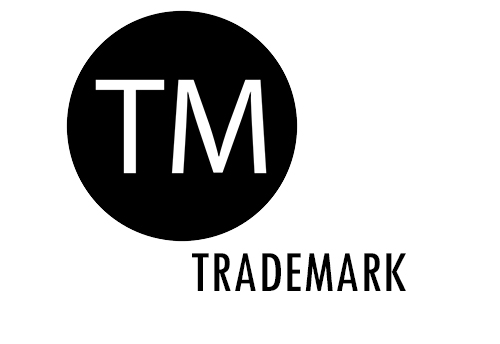
B’lore, Apr 18 (KNN) Majority of companies including the small and medium enterprises (SMEs) view trademark mainly as an instrument to protect their products from counterfeits, said the Madrid report which added that factors such as increased ‘recall value’ and ‘Willingness to Pay’ were not considered by the surveyed companies/SMEs to be important factors guiding consumer behaviour.
The Madrid report, authored by Professor A. Damodaran, from the Economics & Social Sciences area at IIM Bangalore, was released by the Director-General of the World Intellectual Property Organization (WIPO) and the Secretary of the Department of Industrial Policy and Promotion (DIPP), Government of India, on 31 March 2016.
India joined the Madrid System in 2013. The strategic significance of India’s accession to the Madrid Protocol needs to be gauged against the backdrop of the ‘Make in India’ Program ushered in by the Government of India in September 2014, said the report.
In 2015, Indian Institute of Management Bangalore was commissioned by WIPO and DIPP to undertake a study to assess and market international registration of trademarks through WIPO’s Madrid Protocol route.
The report said, “It is our argument here that the ambitious economic operations planned by ‘Make in India’ companies cannot translate into sustained market competitiveness unless these operations are enabled by strong brand building measures. Hence it is the policy accent of the ‘Make in India’ program to ensure that there is a rapid growth in the international registration of trade marks from India’s SMEs and large corporates connected to the program.”
The survey highlighted that nearly early 73% of the sampled companies were aware of the Madrid Protocol. However the awareness is largely superficial since there are glaring misperceptions about the ‘processes’ and ‘procedures’ associated with the System.
Going by the pilot sample, it appears that while decision making on ‘trade marks’ is top heavy, the same does not appear to be the case with decisions on international registrations through the Madrid System route. The latter (SMEs) appears to be taken at the level of the Directors (Legal) in most of the companies concerned. This would perhaps mean that the Madrid Protocol is a lower priority for most companies in the sample or is seen as a subsequent procedural action for managing TM rights, said the survey.
A pilot survey was conducted by us during January - February 2016. This involved a cross-section of 30 firms in India drawn from different industries. The majority of the respondents were from the ‘Make in India’ sectors. The SME sector accounted for 54% of the sample - with the remaining 46% comprising of large enterprises. Our sample had five companies that had used the Madrid System, of which one company was in the SME sector. Four companies in the sample had gone for registration abroad through direct filing, non-Madrid Protocol route.
The report suggested that the best way to get the co-ordinates of ideal users is to reach-out to national level federations of business houses such as FISME, MSME Associations, FICCI, FIEO, ASSOCHAM.
The full report can be viewed at:
http://fisme.org.in/document/MadridProtocolReport_31032016.pdf
(KNN Bureau)

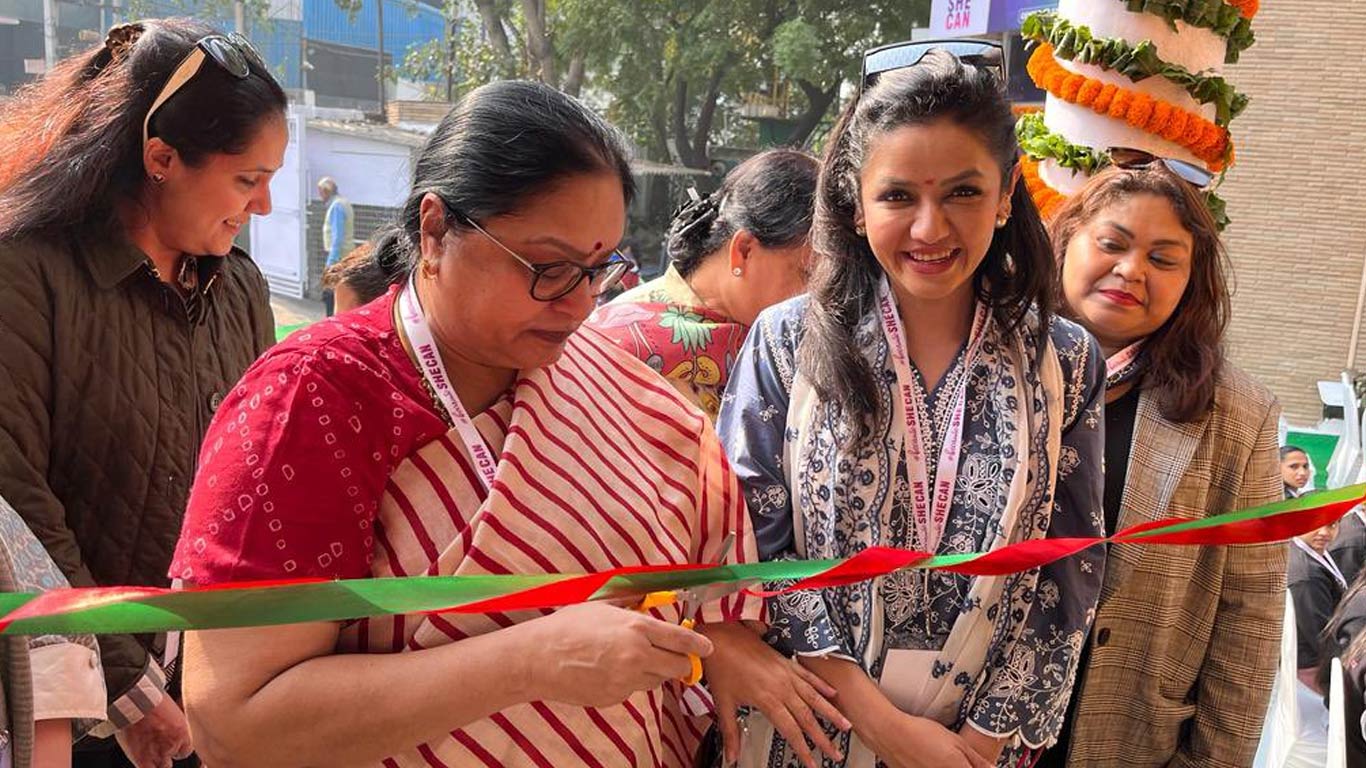
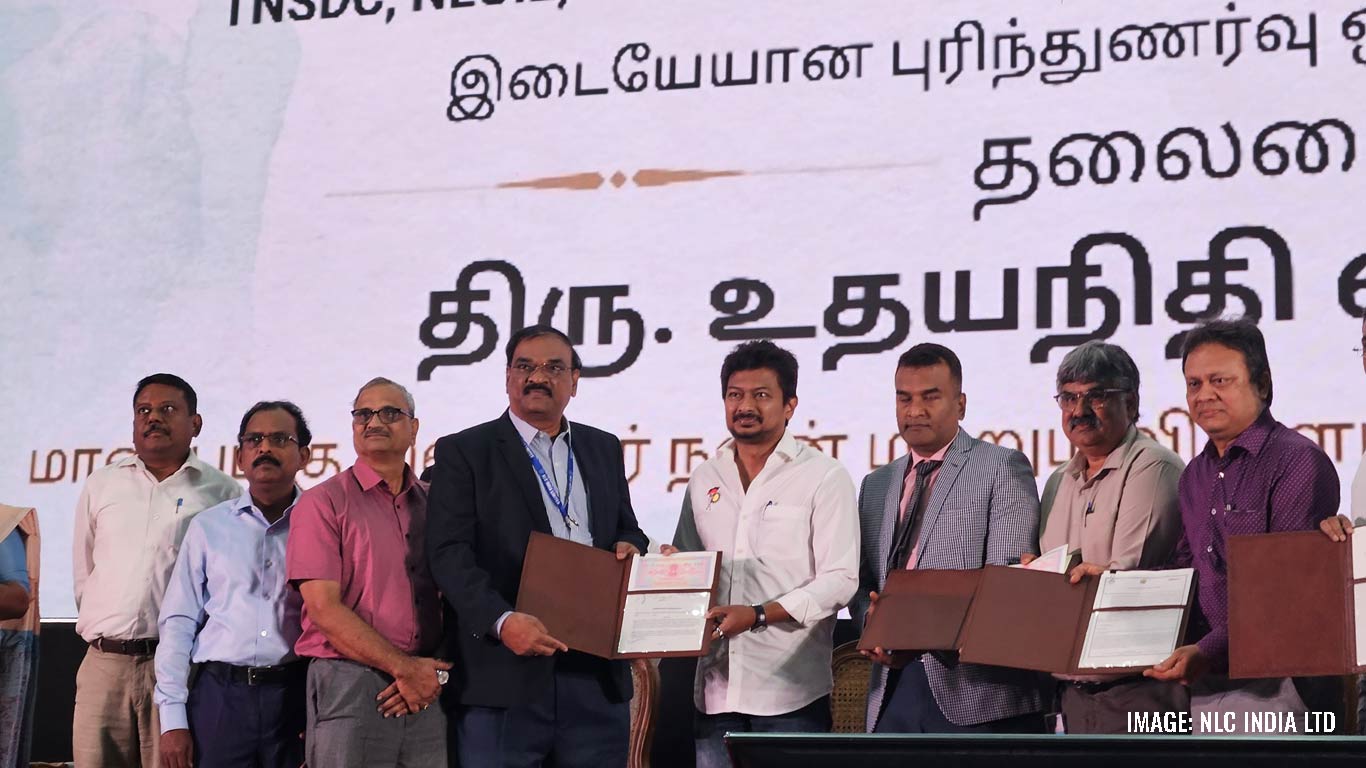
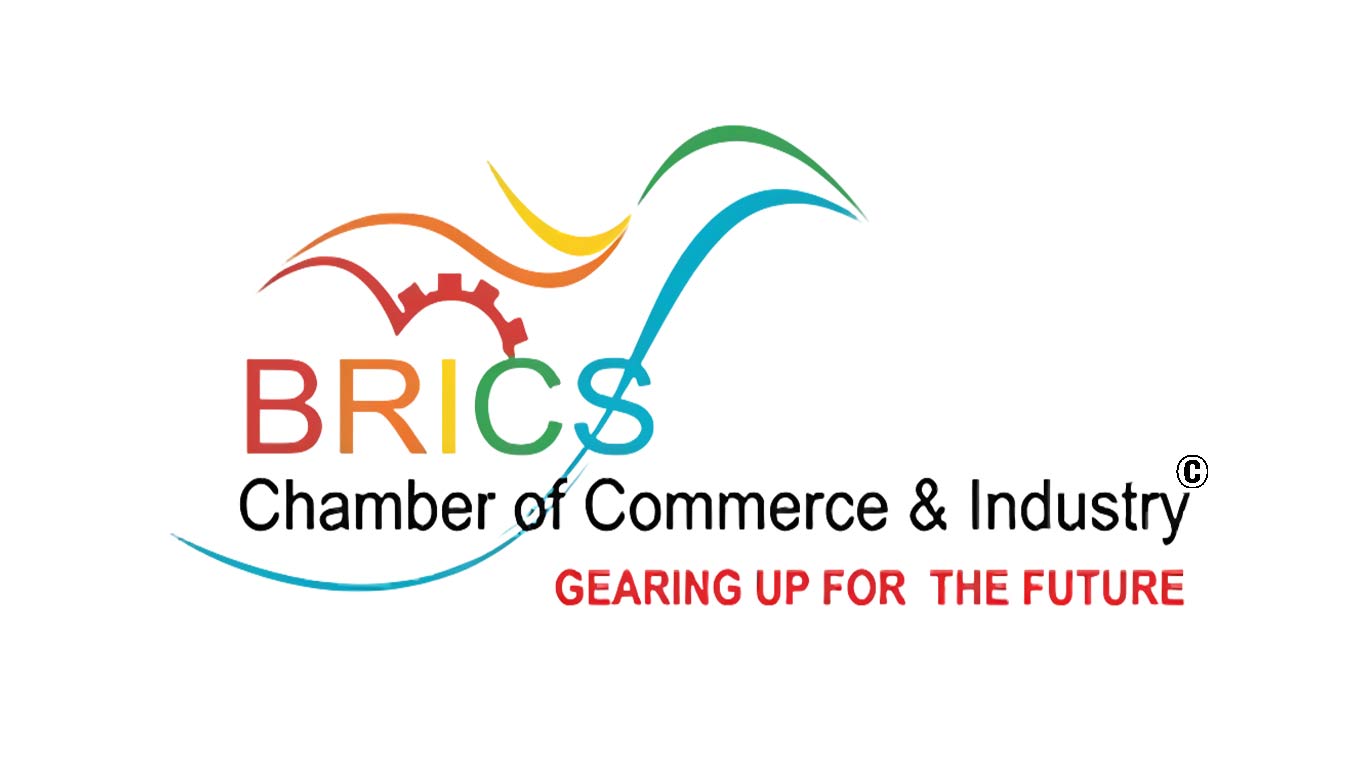
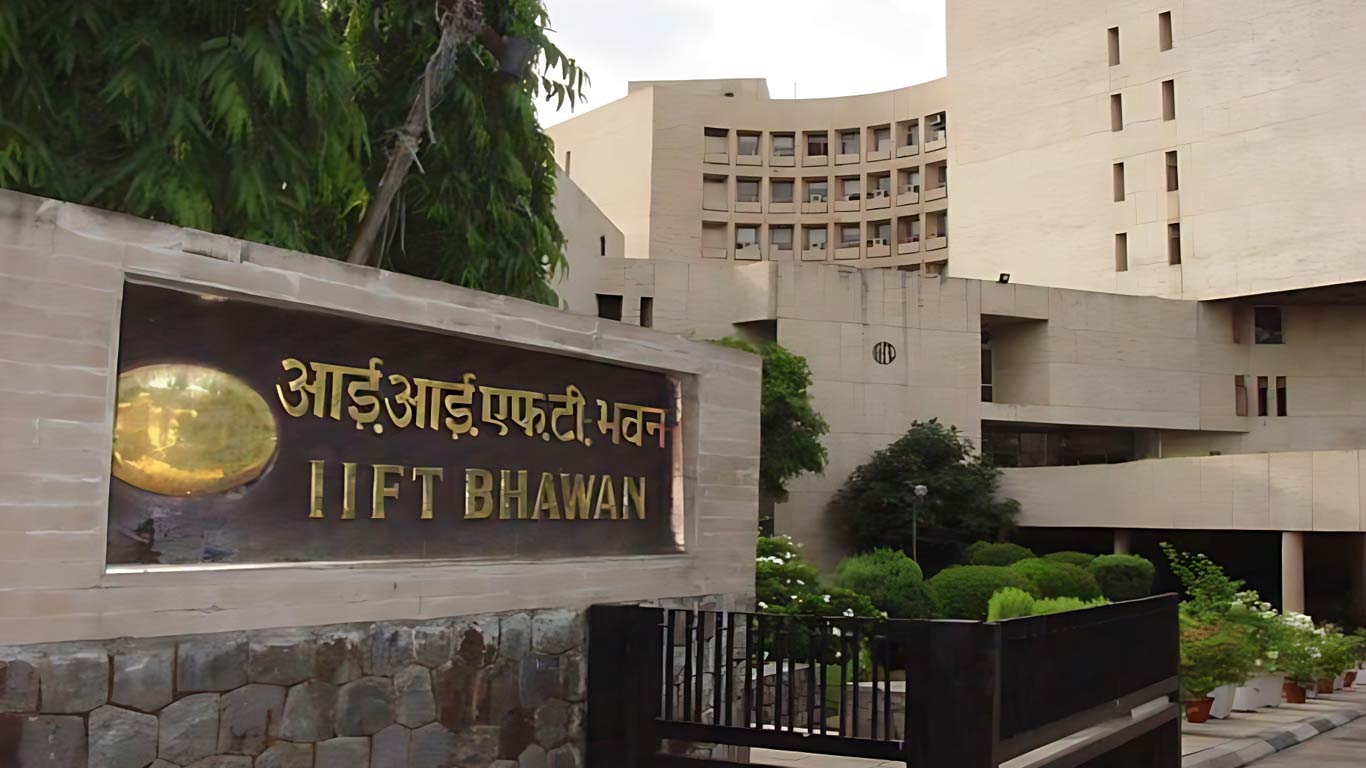
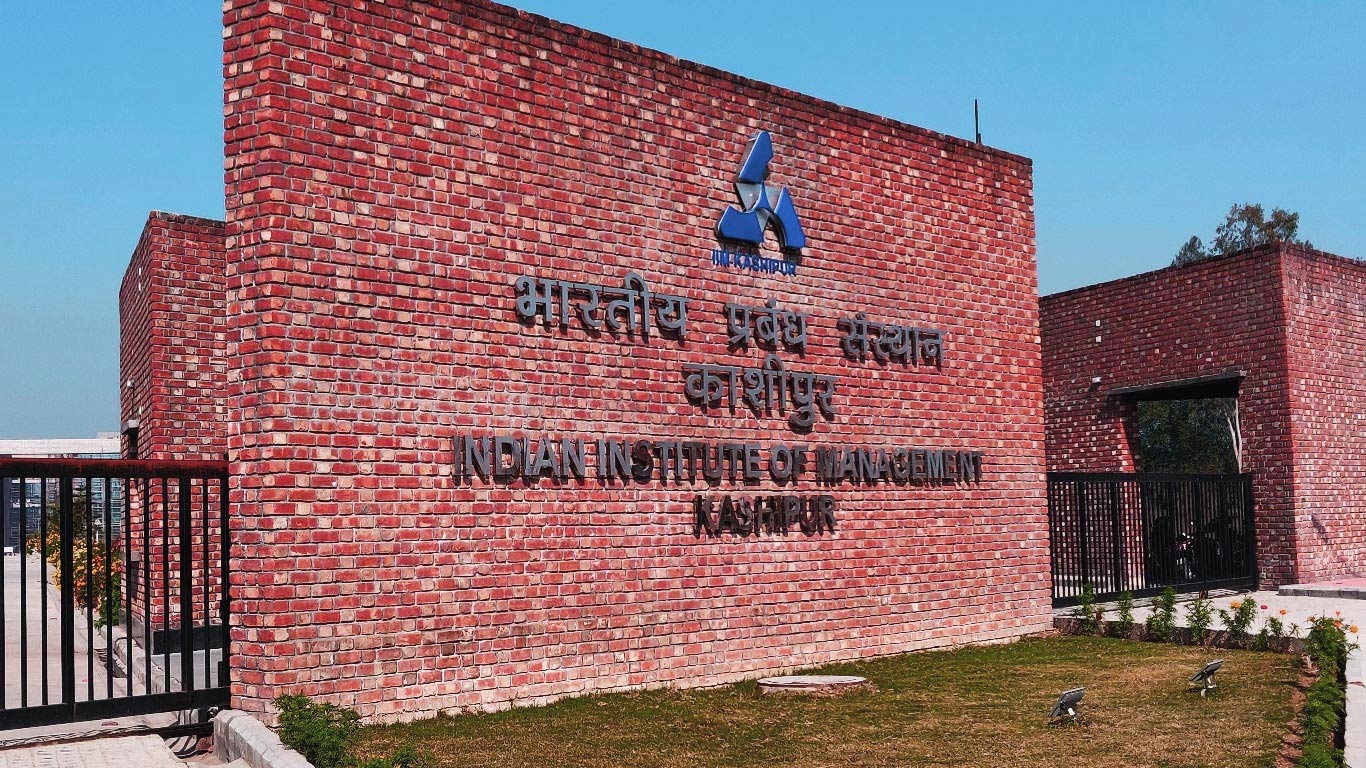





